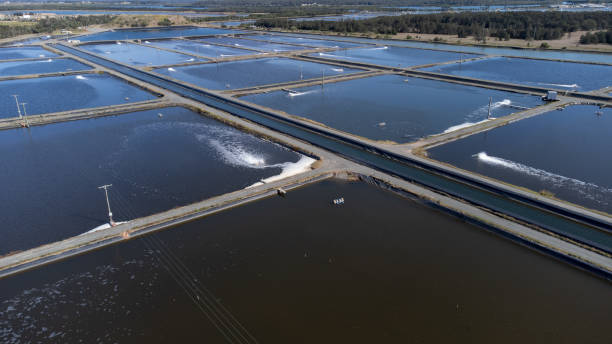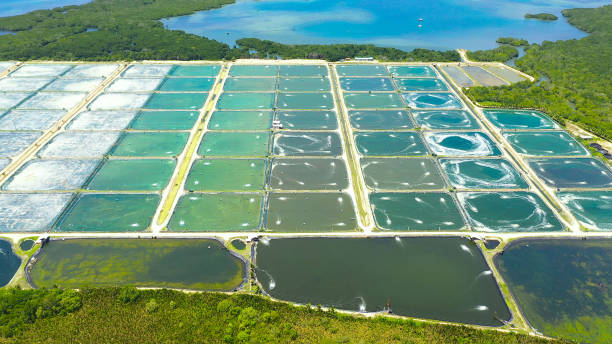Applications
Magnesium Chloride For Aquaculture Applications Only
Water hardness is important to fish & prawn culture and is a commonly reported aspect of water quality. It is a measure of the quantity of divalent ions such as magnesium in water. There are many different divalent salts; however, magnesium is the most common source of water hardness.
- Magnesium Chloride
- Covers the magnesium balance of pond water
- Protects shrimp and prawns from soft shell syndrome
- Regularizes the moult cycles
- Increases survival rate and body weight
- 5 to 10 kg per acre.
- Consult our field staff or your aquaculture specialist for specific usage and directions.
- Store in a cool, well-ventilated area and away from direct sunlight

Calcium Chloride For Aquaculture Applications Only
Water hardness is important to fish & prawn culture and is a commonly reported aspect of water quality. It is a measure of the quantity of divalent ions such as calcium in water. There are many different divalent salts; however, calcium is the most common source of water hardness.
- Calcium has an important role in the biological processes of fish & shrimp. It is necessary for bone formation, blood clotting and other metabolic reactions.
- Fish & shrimp can absorb calcium directly from the water or food. The presence of free (ionic) calcium at relatively high concentrations in culture water helps reduce the loss of other salts (e.g. sodium and potassium) from fish body fluids (i.e. blood).
- Sodium and potassium are the most important salts in fish & shrimp blood and are critical for normal heart, nerve and muscle function. In low calcium water, fish and shrimp can lose (leak) substantial quantities of these salts into the water.
- Loss of Na and K salt from fish and shrimp leads to low energy levels which impact their growth. Calcium is extremely important to avoid the loss and ensure proper
- Calcium Chloride fused
- Recommended : 5-10 kg per acre.
- Consult our field staff or your aquaculture specialist for specific usage and directions.
- Store in a cool, well-ventilated area and away from direct sunlight
- For best results apply in the evening.

Application of calcium chloride in rubber industries
Calcium chloride (CaCl2) is commonly used in the rubber industry for various purposes. Here are some of the applications of calcium chloride in rubber industries:
1. Accelerator activator: Calcium chloride is used as an accelerator activator in the rubber industry. It helps to activate the curing process of rubber compounds by reacting with other chemicals in the mixture.
2. Drying agent: Calcium chloride is used as a drying agent in the rubber industry. It is added to rubber compounds to remove moisture and prevent the formation of bubbles in the finished product.
3. Vulcanizing agent: Calcium chloride is used as a vulcanizing agent in the rubber industry. It helps to cross-link rubber molecules during the curing process, which improves the strength and durability of the finished product.
4. Dust suppressant: Calcium chloride is used as a dust suppressant in rubber manufacturing facilities. It can be applied to rubber dust and waste to prevent it from becoming airborne and causing respiratory issues for workers.
5. Freeze protection: Calcium chloride is used as a freeze protection agent in rubber manufacturing facilities. It can be added to water used in rubber processing equipment to prevent freezing in cold temperatures
Overall, calcium chloride is a versatile chemical that has many applications in the rubber industry. Its ability to act as an accelerator activator, drying agent, vulcanizing agent, dust suppressant, and freeze protection agent make it an important chemical in the industry.




